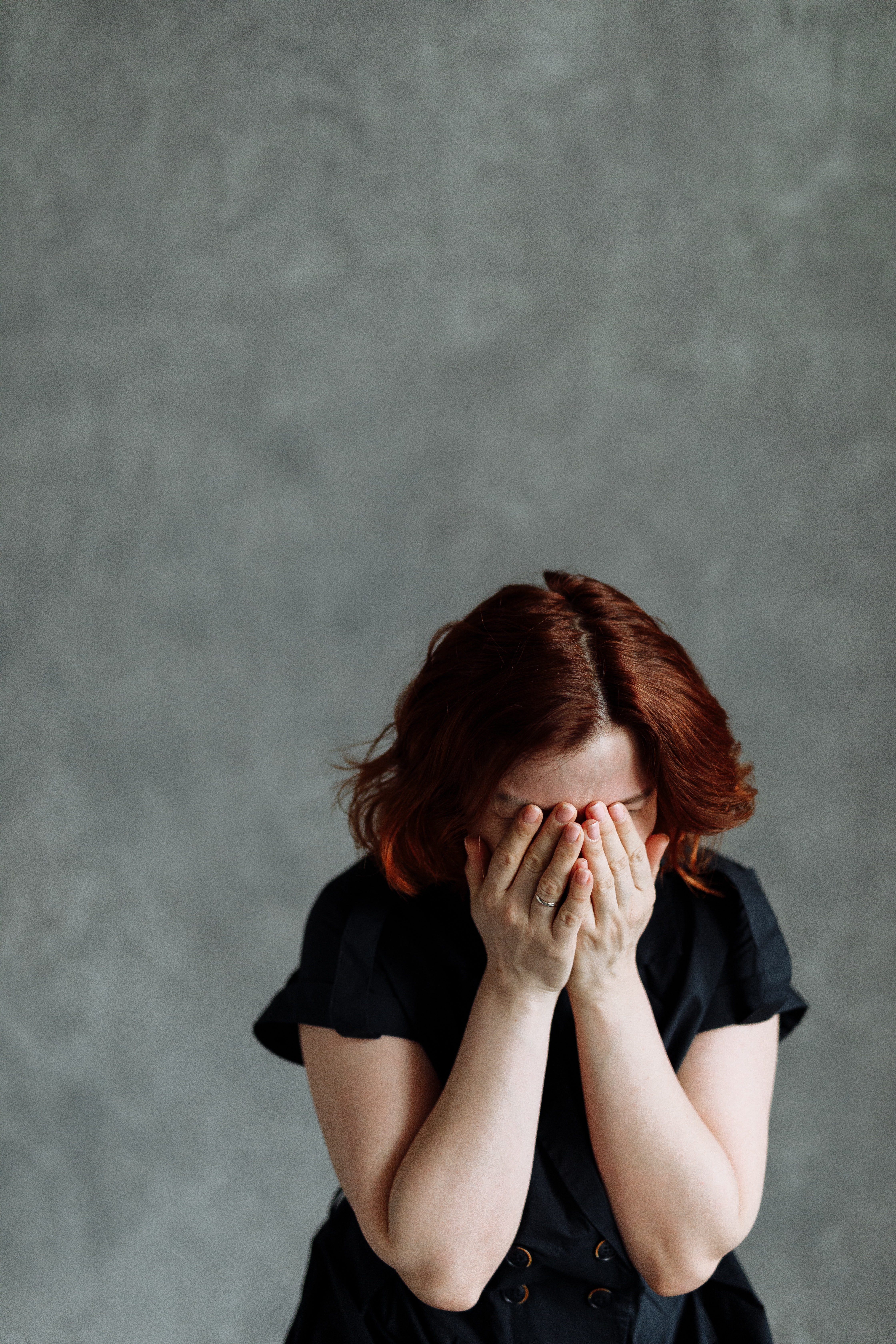
It’s November, and Daylight Savings Time has ended. The sun goes down earlier, and when you get home from school or work, the night covers you and the traffic in a blanket of darkness. Homework has to be done by artificial light, and the healing dose of vitamin D that has nourished you all year is gone. Add to that the nourishing sunlight is only prevalent while you’re indoors at school. Seasonal Affective Disorder, or SAD, can interfere in your teen’s social development and education. Does your teen get SAD this time of year?
Psychiatric Disorders Tend to Run in Families
Cherie and Tom are brother and sister, and they both suffer from seasonal affective disorder. It started in their early teens, and you know how psychiatric difficulties can run in families. They have a 9 year old little sister who doesn’t seem to be affected by the emotional lows in fall and winter that Cherie and Tom do. At least, not yet.
Their family is active, and in the summer they’re busy with tennis, golf, swimming and water skiing, and they feel great. But by November, both of them slow down, feel too sluggish to participate in sports at school, and do only what’s required.

Studying is harder than it is in September and early October, or April and May. They both feel withdrawn, less interested in social interaction, and more overwhelmed with school demands. Cherie is 15 and in 10th grade, and Tom is 17 in 11th grade.
Without Resilience It’s Hard to Move Forward
Tom dreads going to college because he’ll be away from home and wonders how he’ll survive during fall and winter. What can he do to save his grade point?
As for Cherie, she just wants to give up. She thinks a lot about dropping out of high school because it seems futile to keep going through this every year, when classes get harder and harder with each passing grade.
Finally, Cherie feels she’s drowning in the futility and begins to think about making her life stop. Ending it. Trouble is, she doesn’t talk to anyone about it. She just carries it inside her…thinking about it more and more.
In a family of five, a quiet teen can easily be overlooked. The signs can be missed.
Meanwhile, Tom is trying to prepare for the SAT, which is no small feat in his frame of mind. His parents are taking him around to a variety of college campuses to help him narrow down his choices. And on top of that their younger sister, Izzie, is trying to prepare for the Science Fair.
Tom held on with white knuckles, trying to study and prepare for his upcoming SAT, getting his parents to drill him. To say the least, the family was stretched in too many directions.
No one noticed that Cherie was spending most of her time in her room.

Bottom line, the depression of seasonal affective disorder made Tom and Cherie feel like they were sludging through hip-deep mud day after day.
Then came the day of Tom’s SAT test. He honestly prayed through it. Hoping for some sort of miracle that the answers would come to him and he’d do well.
Cherie stayed at home that day, and after everyone else left, she found a bottle of pills her mom took to help her sleep. She sat on her bed for hours contemplating those pills. Finally, Cherie went to the kitchen to get a glass of water then sat on her bed working up the courage to start systematically swallowing the pills. When your teen gets SAD at this time of year, it can be dangerous.
She started swallowing the pills two at a time.
After she had gagged while swallowing the second handful, she thought she heard a clattering downstairs. She closed her eyes and tried to swallow down the nausea. Then swallowed two more.
Her mom tapped on the door then walked in. There Cherie sat with a pile of pills in her lap, and water in her hand, looking guilty.

Thinking fast, her mother called 911, then asked Cherie how many she’d taken. In a panic, Cherie said, “I’m not sure.” But she knew she felt a bit fuzzy.
At the Emergency Department, the doctor induced vomiting, then inserted an NG tube into her stomach to keep her stomach empty. It was a miserable experience for Cherie. Then she was admitted to the Psychiatry unit for observation.
Afterwards, Tom and Cherie’s parents drove home to talk to Tom.
“Have you had any thoughts about hurting yourself, Tom? We know you’ve been struggling since the first part of November,” his parents asked gently.
“I don’t think so,” Tom replied quietly.
“I’ll admit I’ve felt desperate at times, but not that desperate. I wondered how I would survive in life without college because it all overwhelms me and I’m afraid to go. I don’t know what to do.”
Both Tom and Cherie had been taking a variety of antidepressants but neither seemed to have gotten relief from the medicine.
Tom’s parents looked at each other and said, “There must be something that will help.”
Tom went to bed, and his parents got on the computer. They googled, “Treatment for depression when medicine doesn’t help.”
A Novel Depression Treatment May Hold Hope

To their surprise, all sorts of things came up, that all seemed to point to novel forms of treatment, especially IV ketamine treatment. They got to thinking about how their teens get sad, and realized they’d been rather blind to their children’s wellbeing.
They read all they could find on it, and learned that ketamine has been used for 50 years safely in anesthesia, and that in the last ten years it’s been used more and more widely to treat depression, bipolar depression, social anxiety, PTSD, and suicidal thoughts.
The more they read, the more hope they had for both of their teens. They learned that ketamine turbo boosts the connections between brain cells which offers clearer cognition, a brighter outlook, and more creativity. It brings hope and resilience.
Tom and Cherie both received IV ketamine treatment for depression and social anxiety the following week, along with their mom. who also battled with seasonal affective disorder but hadn’t realized it.
Does your teen get SAD this time of year? Is he sluggish, listless, with little interest in school work or time with the family? If he’s hopeless, sad, and withdrawn, and medications haven’t helped, call us.
At Innovative Psychiatry we can help you get the ketamine treatment you need to restore your joy and hope.
Make this a productive and rewarding winter.
We’re here for you.

To the restoration of your best self,
